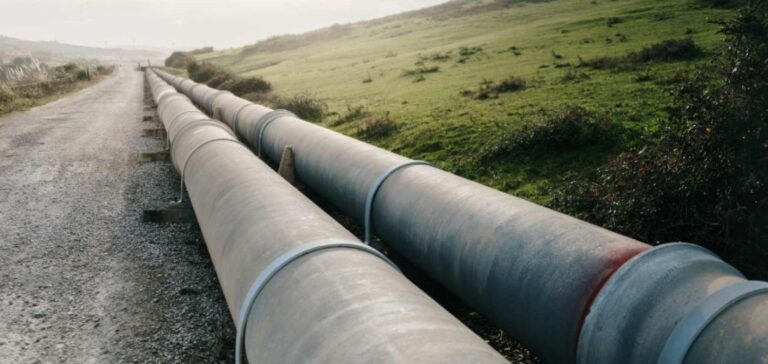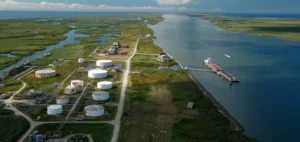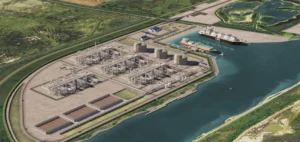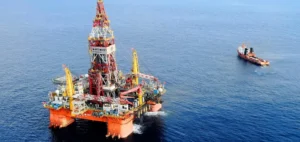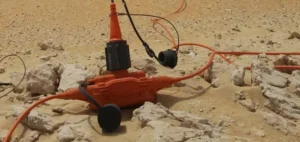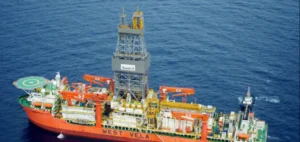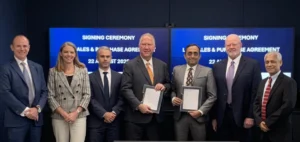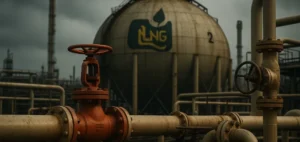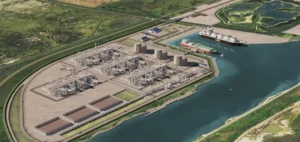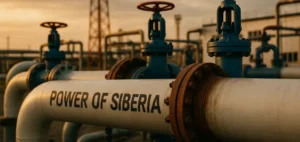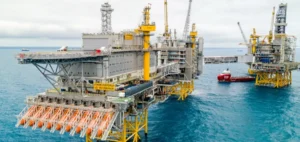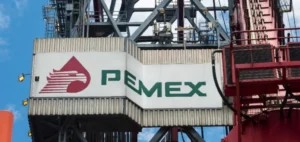Senegal, an emerging player in the West African gas market, continues to strengthen its energy infrastructure to maximize the value of its natural resources. This dynamic is part of the Greater Tortue Ahmeyim (GTA) project, which delivered its first volumes of natural gas earlier this January.
On Monday, January 27, the Investment Promotion Agency (APIX) and the Senegalese Gas Network (RGS SA), a subsidiary 51% owned by PETROSEN (Petroleum Senegal), are set to sign a contract focused on developing a national gas pipeline network. This agreement aims to support the country’s energy ambitions while addressing the growing needs for gas production and transportation.
A Major Project to Support Gas Development
The implementation of a gas pipeline network is a key infrastructure to transport and distribute gas extracted from the GTA and Yaakar-Teranga fields. These reserves represent a major opportunity for Senegal, which seeks to diversify its economy by leveraging its natural resources.
According to information reported by local media, APIX will play a central role in managing the Resettlement Action Plans (RAPs). These documents are intended to ensure that affected individuals and communities are treated equitably and that social impacts are minimized. APIX will also provide technical assistance on construction and the necessary social measures to ensure the project’s success.
Infrastructure at the Heart of Senegal’s Energy Transition
This gas pipeline network is part of a broader energy development context. In parallel, Senegal plans to build a 366 MW power plant in Cap des Biches, which will be fueled by gas from local fields. This project is expected to provide electricity to nearly 500,000 households, strengthening the country’s energy security.
However, financial details of the project and the precise timeline for launching the work have not yet been disclosed. This lack of information raises questions about the funding modalities and the long-term impacts of this initiative on Senegal’s economy.
A Strategic Lever for Senegal’s Economy
The development of the gas pipeline network could transform Senegal into a regional gas hub, with potential benefits for industries such as petrochemicals and fertilizer production. This project also reflects the Senegalese government’s determination to rely on its natural resources to support economic growth.
As preparations for the project move forward, attention remains focused on the ability of stakeholders to successfully complete it while addressing social and environmental requirements. The realization of this ambition could not only strengthen Senegal’s energy independence but also position the country as a key player in the West African energy market.


